Podcast: Play in new window | Download (Duration: 30:55 — 21.2MB) | Embed
Subscribe: Apple Podcasts | Spotify | Amazon Music | Android | Pandora | iHeartRadio | JioSaavn | Podchaser | Gaana | Podcast Index | Email | TuneIn | Deezer | Anghami | RSS | More
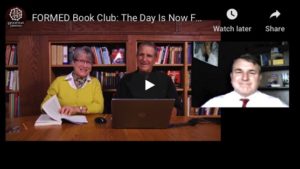 We continue our exploration of Robert Cardinal Sarah’s “The Day Is Now Far Spent”—a tour de force response to the present darkness in the Church.
We continue our exploration of Robert Cardinal Sarah’s “The Day Is Now Far Spent”—a tour de force response to the present darkness in the Church.
From the New York City skyline to the meaning of the word “Modernism”. We continue our discussion of Robert Cardinal Sarah’s “The Day Is Now Far Spent”.
You can find the book here
Robert Cardinal Sarah calls The Day Is Now Far Spent his most important book. He analyzes the spiritual, moral, and political collapse of the Western world and concludes that “the decadence of our time has all the faces of mortal peril.”
A cultural identity crisis, he writes, is at the root of the problems facing Western societies. “The West no longer knows who it is, because it no longer knows and does not want to know who made it, who established it, as it was and as it is. Many countries today ignore their own history. This self-suffocation naturally leads to a decadence that opens the path to new, barbaric civilizations.”
While making clear the gravity of the present situation, the cardinal demonstrates that it is possible to avoid the hell of a world without God, a world without hope. He calls for a renewal of devotion to Christ through prayer and the practice of virtue.

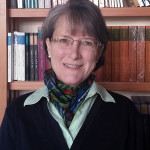


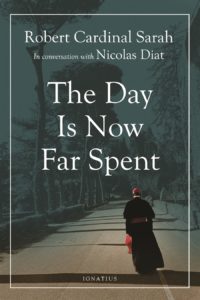
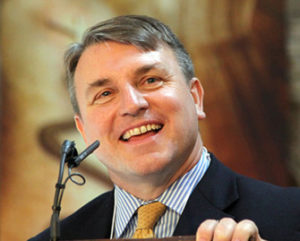
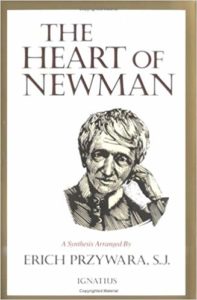
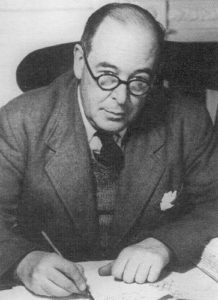 Four adventurous siblings—Peter, Susan, Edmund, and Lucy Pevensie—step through a wardrobe door and into the land of Narnia, a land frozen in eternal winter and enslaved by the power of the White Witch. But when almost all hope is lost, the return of the Great Lion, Aslan, signals a great change . . . and a great sacrifice.
Four adventurous siblings—Peter, Susan, Edmund, and Lucy Pevensie—step through a wardrobe door and into the land of Narnia, a land frozen in eternal winter and enslaved by the power of the White Witch. But when almost all hope is lost, the return of the Great Lion, Aslan, signals a great change . . . and a great sacrifice.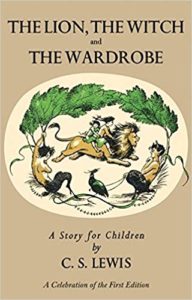
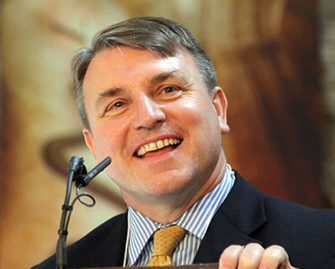

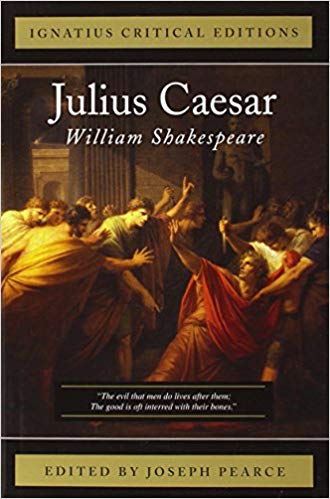
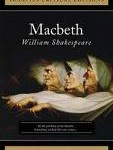
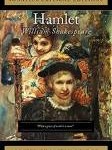
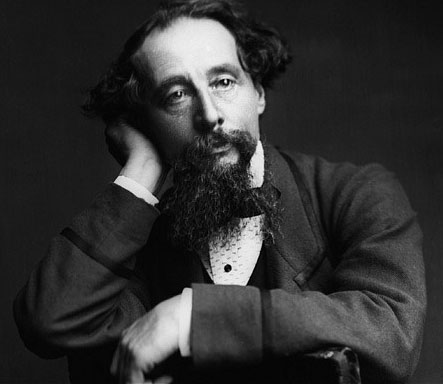
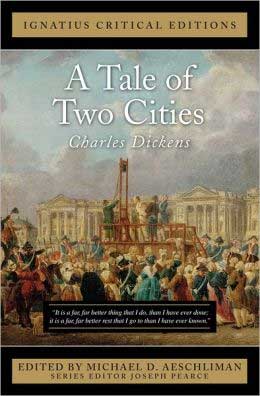
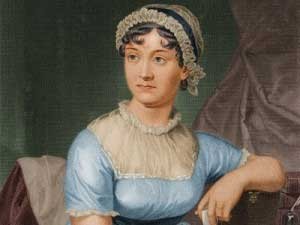 In all things, Jane Austen was a woman of faith. Perhaps nowhere is this more apparent than in Mansfield Park, her most neglected, abused, and misunderstood novel. Like Austen’s other novels, it can be fully appreciated only when illuminated by the virtuous life and Christian beliefs of the author herself.
In all things, Jane Austen was a woman of faith. Perhaps nowhere is this more apparent than in Mansfield Park, her most neglected, abused, and misunderstood novel. Like Austen’s other novels, it can be fully appreciated only when illuminated by the virtuous life and Christian beliefs of the author herself.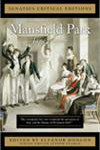
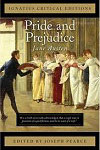
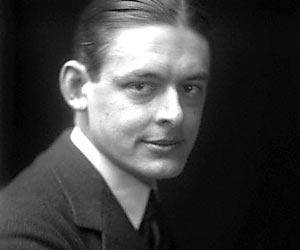 “Eliot’s place as a poet of the highest stature is assured. The Waste Land is the quintessential debunking of modernity and is also, simultaneously, a potent antidote to the poison of postmodernism.”
“Eliot’s place as a poet of the highest stature is assured. The Waste Land is the quintessential debunking of modernity and is also, simultaneously, a potent antidote to the poison of postmodernism.”